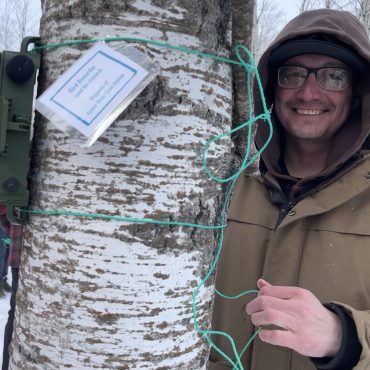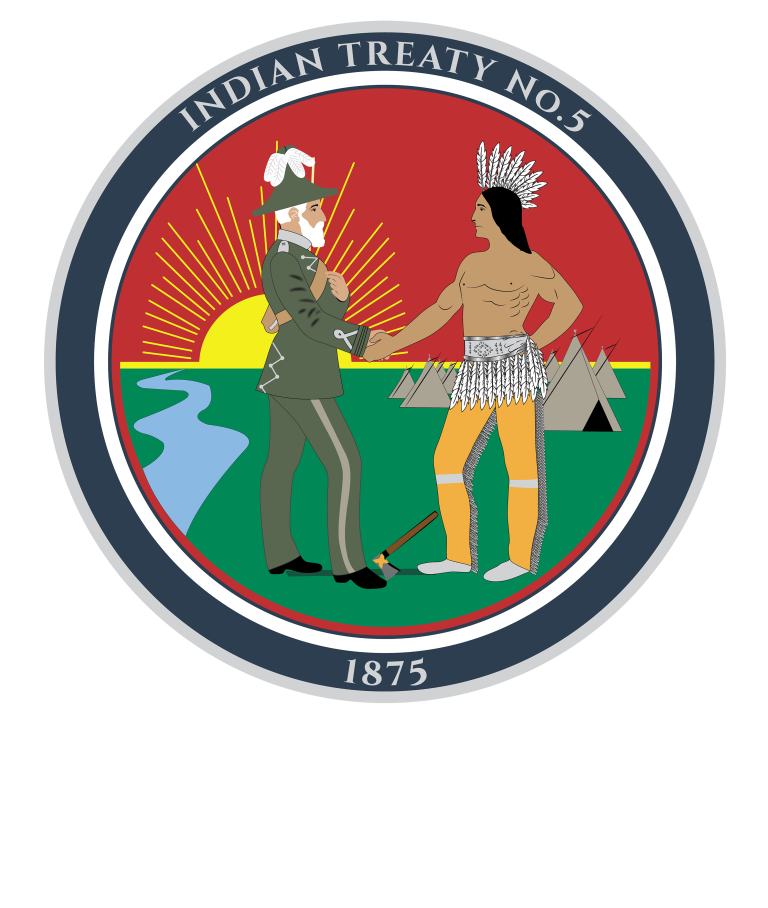Courtesy of Winnipeg Free Press
During her first year of medical school, Brooke Cochrane received a diagnosis of her own: imposter syndrome.
Cochrane, a member of the Fisher River Cree Nation, said being an Indigenous medical student comes with its challenges. However, her Indigenous mentor and classmates made her feel comfortable carrying a stethoscope.
“I was very happy to know there were other people like me in the class,” said Cochrane, who will be entering her third year at the University of Manitoba’s Max Rady College of Medicine in the fall.
More than half of the class of 2021 is made up of women; about 10 per cent identify as Indigenous.
Each one of those students would have supplied information on ancestry when they applied for medical school, among a series of questions, some deeply personal, about their family history, economic status and sociocultural determinants.
The U of M added the step to its application process in 2015, to ensure the faculty’s student population better reflects patients in the province.
The measure was taken after the Winnipeg-based university studied its data and found a clear pattern of successful medical school candidates: they are often white, wealthy and from urban areas.
The survey adds to the faculty’s traditional requirements to find the “best and brightest” in reviewing grade-point averages, Medical College Admission Test scores and interviews.
“Good clinicians, people who can really be effective in a clinical setting, also need non-academic attributes — things like professionalism, ethics, communication skills, humanity, empathy,” said Dr. Sara Goulet, a Métis family physician and newly-appointed associate dean of admissions in medicine.
These attributes, according to Goulet, often come from lived experiences.
The goal at the time of its initial implementation was to improve its diverse pool of students by five per cent. According to the latest data on the incoming 2018 class (who will graduate in 2022), a total of 43 per cent of students consider themselves members of a visible minority.
The second highest percentage of diverse applicants is students raised in a family with an annual household income below the median for Canada, at 37 per cent.
Indigenous students, students with disabilities and those admitted to Canada as refugees were at the bottom at eight, 4.5 and one per cent, respectively.
When Goulet started studying medicine at the U of M in 2000, she was one of only three students with Indigenous ancestry.
“I think my goal is to accurately reflect the population in Manitoba,” Goulet said. “The medical profession is set up to serve a population and in order to serve that population best, I think we need to accurately reflect the diversity within the population.
“It’s hard for patients who can’t identify with someone in the system, who is like them or understand their needs, to access them.”
Cochrane said her deep connection to Fisher River will help her approach health from a holistic standpoint.
The 24-year-old said she knows firsthand how many Indigenous patients across the province pay a high price and travel long, unfamiliar distances to access health care to be met with racism in the doctor’s office.
A cycle of mistrust also negatively impacts care, if Indigenous people seek out care at all, she added.
Cochrane seeks to encourage her classmates to take a holistic approach when caring for Indigenous patients by acknowledging all the factors that can affect a person’s presentation in the hospital.
The Women’s Health Clinic in Winnipeg also champions an intersectional approach to care.
Physicians don’t always have firsthand experience of the barriers that disproportionately affect Indigenous, newcomer, black, Indigenous and queer communities, as well as people with disabilities, executive director Nadine Sookermany said.
“Some folks experience a level of judgment. There’s that sense of, ‘Well, you don’t understand’ and patients may not actually disclose, for example, that they can’t afford the medication,” she said.
So while she applauds the U of M’s new survey, Sookermany also prescribes a lens of understanding.
Sookermany also said she hopes privileged students understand the move isn’t about taking away opportunities but rather giving others part of the pie.
“This is about transforming the system,” she said. “Those terms of fairness and justice need to be redefined.”
[email protected]
Twitter: @macintoshmaggie




